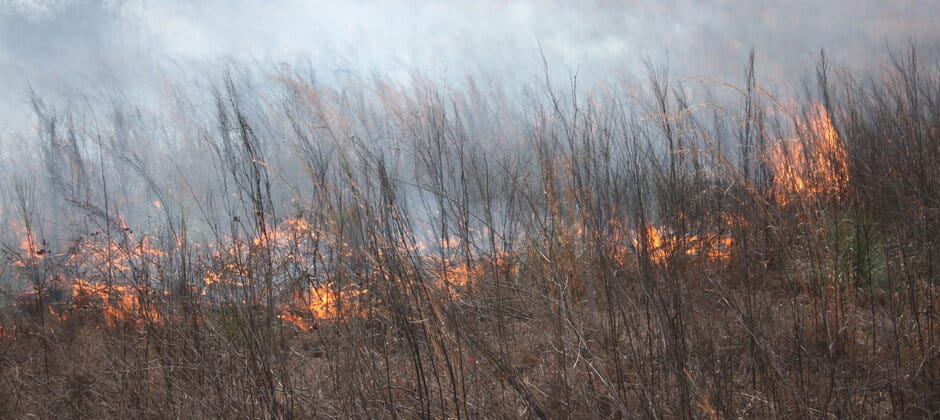Share this article
House committee examines Interior FY 2023 budget
When the U.S. House Appropriations Subcommittee on Interior, Environment, and Related Agencies convened on April 18 to discuss the Interior’s proposed fiscal year 2023 budget, legislators questioned Interior Secretary Deb Haaland regarding energy development, Climate Adaptation Science Centers and Tribal issues.
Under the $18.1 billion proposal, the Department of the Interior would see a 19% increase from the Fiscal Year 2022 funding level of $14.1 billion. Haaland’s written testimony to the subcommittee, which was published ahead of the hearing, outlined the administration’s proposed funding increases for several key natural resource programs and agencies. Total requested appropriations include $2 billion for the U.S. Fish and Wildlife Service, $1.7 billion for the U.S. Geological Survey and $1.6 billion for the Bureau of Land Management.
“The 2023 president’s budget for the Interior sets ambitious goals, but they are achievable,” wrote Haaland in her testimony. “Working together, we have the opportunity to invest now to strengthen our nation for all Americans, protect our environment, and ensure our future generations continue to not only enjoy, but improve our way of life.”
At the hearing, legislators were given the chance to probe the Interior’s plans for increased funding in different program areas. The main line of questioning was on energy development—several House minority members aired concerns over renewable energy development taking precedence over oil and gas leases.
Haaland responded to these concerns by relaying that while the department is indeed focusing on investing in and transitioning to renewable energy, there will be no major bans on oil and gas leases in the near future. She also added that the department is currently working on its next five-year offshore oil and gas lease plan with the goal of finding a compromise between green energy and traditional energy sources.
“With respect to the new five-year [oil and gas lease] plan, our staff has been working hard, but there is still a significant amount of work that needs to be done,” Haaland said.
Majority members of the subcommittee took interest in the climate aspects of the proposed Interior budget. Subcommittee chair Chellie Pingree (D-Maine) asked Haaland for information on the department’s $85.74 million ask for the U.S. Geological Survey’s Climate Adaptation Science Centers (CASCs), a network of national and regional institutes that work to proactively research the risks posed by climate change. Haaland told the subcommittee that in light of climate change intensified droughts and wildfires, CASCs are delving into post-fire forest recovery strategies with the U.S. Forest Service and working with Tribal nations to incorporate indigenous knowledge into climate adaptation strategies. Robust investments in climate initiatives like CASCs aim to serve as one of many tools for achieving the administration’s goal to advance the nation’s climate resilience and mitigate climate change effects.
“For fiscal year 2023, I look forward to expanding upon the [Department of the Interior’s] budget with significant and impactful funding that, in tandem with the resources provided in the Infrastructure Investment and Jobs Act, will enable us to focus on improving the nation’s economic prosperity while concurrently addressing the threats of climate change in our interconnected world,” Pingree said at the conclusion of the hearing.
Members of TWS can check out the appropriations action center in the coming weeks for updates on TWS’ positioning on FY 2023 funding and opportunities to engage in the federal appropriations process.
Header Image: Significant investments in mitigating climate change effects like drought and wildfire are included in the Interior’s FY 2023 budget request. Credit: Bruce Dupree








